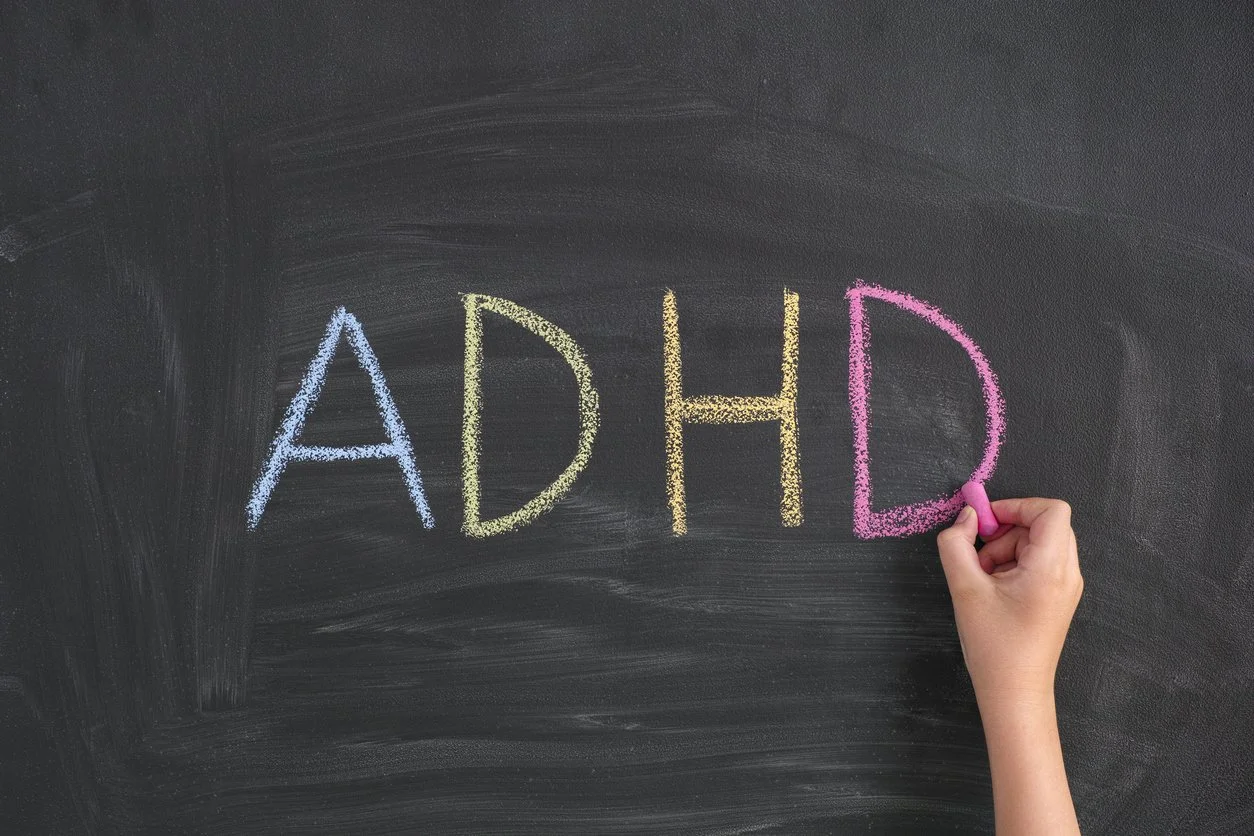
ADHD Evaluations
How do you evaluate for ADHD?
ADHD is one of the most common concerns that we see. Consideration of ADHD is therefore integrated into all of our comprehensive evaluations. Some important aspects to understand include:
There is no single test that tells us definitively whether or not a child has ADHD.
A careful evaluation of ADHD involves the examination of other developmental or learning issues that could mimic the behavioral features of ADHD.
A diagnosis of ADHD is based on careful history gathering, parent and teacher rating scales, evaluation, and behavior observations.
What are the subtypes of ADHD?
There are a few subtypes of ADHD that are recognized by our diagnostic classification system:
Predominantly Inattentive.
Predominantly hyperactive-impulsive.
Combined inattentive and hyperactive-impulsive.
What else should I know about the ADHD evaluation process?
It’s important to understand that an evaluation of ADHD is a highly involved process. Most (but not all) children who meet diagnostic criteria for ADHD also have one or more learning disabilities. Learning disabilities include dyslexia (reading disorder), disorders of written expression, and math disorders. When a learning disability co-occurs with ADHD, a child is more likely to struggle with underachievement. Also, if a child has a learning disability that is complicated by the presence of ADHD, the child may have difficulty benefitting from academic intervention unless the ADHD is effectively treated.
Given the common co-mingling of ADHD and learning disabilities, we must consider a child’s picture holistically. We don’t evaluate a child for just one diagnosis, we examine their cognitive and academic functionally more broadly so that we can better pinpoint what a child needs for intervention, school accommodations, and support.
Do you diagnosis ADHD in young children?
When a preschooler presents with a profile consistent with ADHD, we might say that the child is “at-risk” for ADHD and needs to be monitored. We want to avoid giving a diagnosis to a young child who is still in a developmental period where a wide range of behaviors are normative. However, most children who present with a profile indicative of ADHD as preschoolers will maintain this profile into elementary school. We carefully consider the benefits of a diagnosis versus no diagnosis. There is evidence from longitudinal research that children with ADHD have better outcomes when they receive supports and accommodations in the school setting, relative to those students who do not receive supports
Please refer to the overview page for general information about the evaluation process.
Child and Teen Solutions (CATS) is a mental health clinic based in Seattle, Washington. We are staffed by psychologists and therapists who specialize in children, teens, young adults, and parent coaching. We offer both in-person and telehealth services. Our office is located in the Madison Park neighborhood, near Lake Washington.

